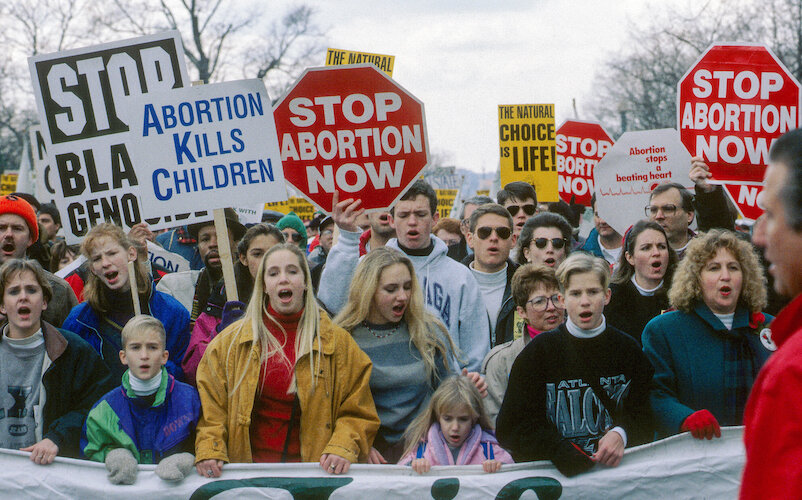PHOENIX (LifeSiteNews) — The Arizona Supreme Court ruled 4-2 Tuesday that the state’s strict abortion law can take effect, effectively banning abortion in the state for any reason except when allegedly “necessary” to save a mother’s life.
Current Arizona law limits abortion to the first 15 weeks of pregnancy, but the state also has on the books an abortion ban dating back to 1864, decades before Arizona became an American state in 1912, which had been blocked from enforcement ever since the U.S. Supreme Court handed down Roe v. Wade in 1973, declaring a “right” to legal abortion. The ban was codified in 1913, after Arizona gained statehood.
Direct abortion is always gravely immoral and never needed nor ethically justified to save a mother’s life.
When the Supreme Court overturned Roe in June 2022, allowing states to directly ban abortion for the first time in half a century, it revived questions about the validity of the law. Pima County Superior Court Judge Kellie Johnson ruled that the law could be enforced, as the sole basis for the old injunction was gone.
The Arizona Court of Appeals later ruled that abortionists could not be charged under the old law because it has been superseded by more recent laws allowing abortion in the first four months of pregnancy. The state’s highest court announced last August that it would be reviewing that decision.
In Tuesday’s ruling, the majority determined that the 15-week ban was “not a legislative attempt to preserve a right to abortion in Arizona” but rather “a significant legislative restriction on elective abortion” at a time when Roe prohibited prior laws from being reinforced, meaning it did not protect abortions prior to 15 weeks.
“To date, our legislature has never affirmatively created a right to, or independently authorized, elective abortion,” the justices wrote. “We defer, as we are constitutionally obligated to do, to the legislature’s judgment, which is accountable to, and thus reflects, the mutable will of our citizens.”
Enforcement of the 1864 law is delayed “for fourteen calendar days from the filing date of this Opinion to permit the parties, on remand, to determine whether to pursue remaining issues raised in the trial court and, if so, to request further stay relief at the trial court’s discretion.”
Far-left Democrat Gov. Katie Hobbs and Attorney General Kris Mayes have previously declared that they would not prosecute violators of the state’s current abortion laws, claiming a level of prosecutorial direction that critics say they do not possess. On Tuesday, Mayes attacked the ruling as “unconscionable” and reiterated she will not enforce any abortion bans.
Pro-abortion activists in the Grand Canyon State hope to render the outcome moot by placing on the November ballot a proposed constitutional amendment that would establish a “fundamental right to abortion.”

